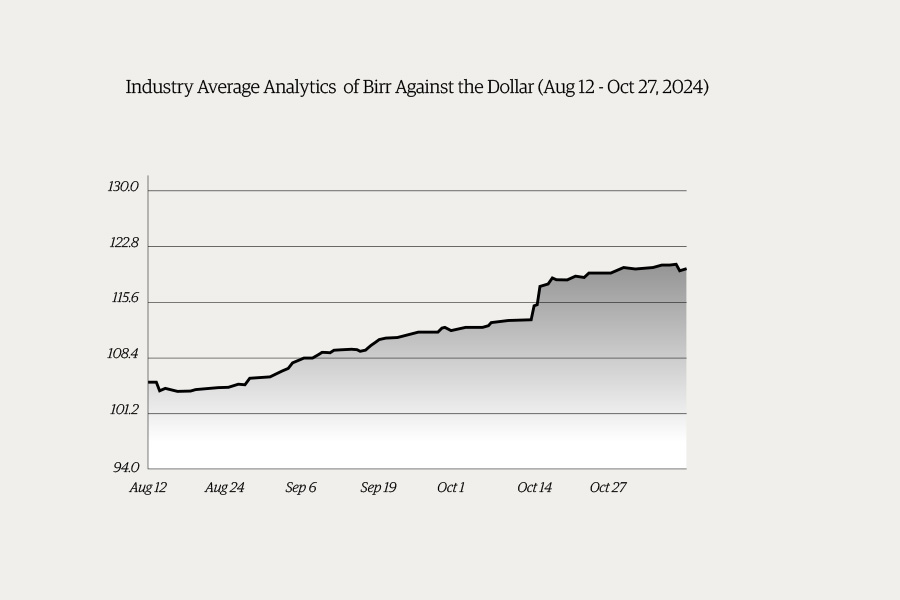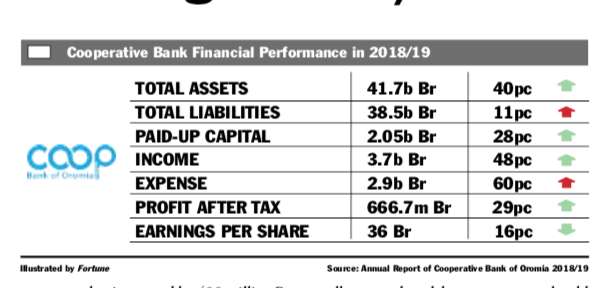
Radar | Aug 12,2023
Oct 22 , 2022
By Bjorn Lomborg
That's why the world still gets 80pc of its energy from fossil fuels, and renewable delivers 15pc. It will not change any time soon, even the Biden Administration expects the world in 2050 to be dependent on fossil fuels for 70pc of energy, writes Bjorn Lomborg, President of the Copenhagen Consensus and Visiting Fellow at Stanford University's Hoover Institution. His latest book is "False Alarm: How Climate Change Panic Costs Us Trillions, Hurts the Poor, and Fails to Fix the Planet."
The world is waking up to the climate policy goal of achieving "net-zero" CO2 emissions brings crippling economic pain. Fossil fuel prices shot up by 26pc across industrialized economies last year and will rise globally by another 50pc this year. Politicians blame Russia's invasion of Ukraine, but the long-term trend stems mainly from governments demonizing fossil fuels while their societies remain dependent on them. Since the 2015 Paris climate agreement, global investment in fossil fuels has halved, inevitably driving up prices.
As fossil fuel prices climb, activists believe people will shift painlessly to renewable energy sources. But they have miscalculated. Renewable energy is far from ready to power the world. Solar and wind can only work with massive amounts of backup power, primarily fossil fuels, to keep the world running when the wind dies down, the sky clouds, or night falls. Renewable mainly generates electricity, which is just one-fifth of the total energy use. The vast majority such as transport, industrial processes and heat are non-electric.
That's why the world still gets 80pc of its energy from fossil fuels, and renewable delivers 15pc. It will not change any time soon, even the Biden Administration expects the world in 2050 to be dependent on fossil fuels for 70pc of energy.
But most "net zero" policies try to force significant reductions in fossil fuels, driving down investments and making them extremely expensive before alternatives can take over. That leads to a worldwide pain, like the northern hemisphere winter where Europe prepares for brown-outs and two-thirds of the UK population is predicted to enter energy poverty.
Germany is on track to spend more than half a trillion dollars on climate policies by 2025, yet has only managed to reduce fossil fuel dependency from 84pc in 2000 to 77pc today. McKinsey estimates that getting to net zero will cost Europe 5.3pc of its GDP in low-emission assets yearly or more than 200 billion dollars annually just for Germany. That is more than it spends annually on education, police, courts and prisons combined.
The United States has gone all-in on its own net zero ambition with the most expensive climate change policy in its history. With the Inflation Reduction Act, the Biden Administration plans to spend 369 billion dollars promoting low-carbon energy and electric vehicles. This vast expenditure will have a negligible impact on climate change: the money spent will reduce the global temperature rise immeasurably, possibly as low as 0.0005°C.
Emerging economies are unwilling to accept the expectation that they emulate these terrible policies. How they tackle climate change is vitally important because about three-quarters of all emissions in the rest of the 21st century will come from today's developing countries—India, China and countries across Africa and Asia.
India has realized that achieving net zero carbon emissions "would entail astronomical costs" and require a "complete transformation" of its economy. In a scathing rejection, the environment ministry notes that doing so "could destroy our development plans".
India found that this policy would be so costly for the country that New Delhi would need the West to pay one million dollar to even start the process. India and other developing countries have also banded together to jointly demand another 1.3 trillion dollars in 'climate financing' annually by 2030, over and above what rich countries have already promised.
Emerging economies will not sacrifice poverty eradication and economic development to follow a net zero policy approach that brings so much pain for so little climate reward.
In the absence of affordable, adequate fossil fuel replacements, the climate policy supported by advanced economies means costlier power bills and lower growth rates to achieve tiny changes in temperature rises.
Fortunately, there are far more imaginative alternative approaches. The best long-term strategy would be to increase investment in green energy research and development. This approach would be much more effective while being ten times cheaper than the approach taken by Europe and the United States. It also makes it much more plausible to be implemented by governments around the world.
Consider how the computer went from incredibly rare and expensive to commonplace and cheap. Governments did not achieve this revolution by subsidizing every Western home in the 1960s or 1970s to install a massive, relatively inefficient computer in their basement. Breakthroughs were achieved by public and private expenditure on research and development, leading to multiple innovations, which led to evermore technologies becoming commercially viable, driving even more research and production in a virtuous circle. That's the example we need to emulate when it comes to green energy.
Now, energy policies designed to make fossil fuels expensive are doing exactly what they were supposed to do. Sadly, this means intense pain and a bleak winter ahead. Other countries are wise to heed this lesson, and should all take the pathway of innovation instead.
PUBLISHED ON
Oct 22,2022 [ VOL
23 , NO
1173]


Radar | Aug 12,2023

Money Market Watch | Nov 09,2024

Fortune News | Jan 05,2019

Obituary | Feb 10,2024

Radar | Aug 08,2020

Fortune News | Jun 07,2020

Agenda | Jun 20,2020

Radar | Sep 14,2019

Fortune News | Mar 21,2020

Obituary | Jan 28,2023

My Opinion | 131819 Views | Aug 14,2021

My Opinion | 128203 Views | Aug 21,2021

My Opinion | 126147 Views | Sep 10,2021

My Opinion | 123767 Views | Aug 07,2021

Dec 22 , 2024 . By TIZITA SHEWAFERAW
Charged with transforming colossal state-owned enterprises into modern and competitiv...

Aug 18 , 2024 . By AKSAH ITALO
Although predictable Yonas Zerihun's job in the ride-hailing service is not immune to...

Jul 28 , 2024 . By TIZITA SHEWAFERAW
Unhabitual, perhaps too many, Samuel Gebreyohannes, 38, used to occasionally enjoy a couple of beers at breakfast. However, he recently swit...

Jul 13 , 2024 . By AKSAH ITALO
Investors who rely on tractors, trucks, and field vehicles for commuting, transporting commodities, and f...

Jul 5 , 2025
Six years ago, Ethiopia was the darling of international liberal commentators. A year...

Jun 28 , 2025
Meseret Damtie, the assertive auditor general, has never been shy about naming names...

Jun 21 , 2025
A well-worn adage says, “Budget is not destiny, but it is direction.” Examining t...

Jun 14 , 2025
Yet again, the Horn of Africa is bracing for trouble. A region already frayed by wars...

Jul 6 , 2025 . By BEZAWIT HULUAGER
The federal legislature gave Prime Minister Abiy Ahmed (PhD) what he wanted: a 1.9 tr...

Jul 6 , 2025 . By YITBAREK GETACHEW
In a city rising skyward at breakneck speed, a reckoning has arrived. Authorities in...

Jul 6 , 2025 . By NAHOM AYELE
A landmark directive from the Ministry of Finance signals a paradigm shift in the cou...

Jul 6 , 2025 . By NAHOM AYELE
Awash Bank has announced plans to establish a dedicated investment banking subsidiary...